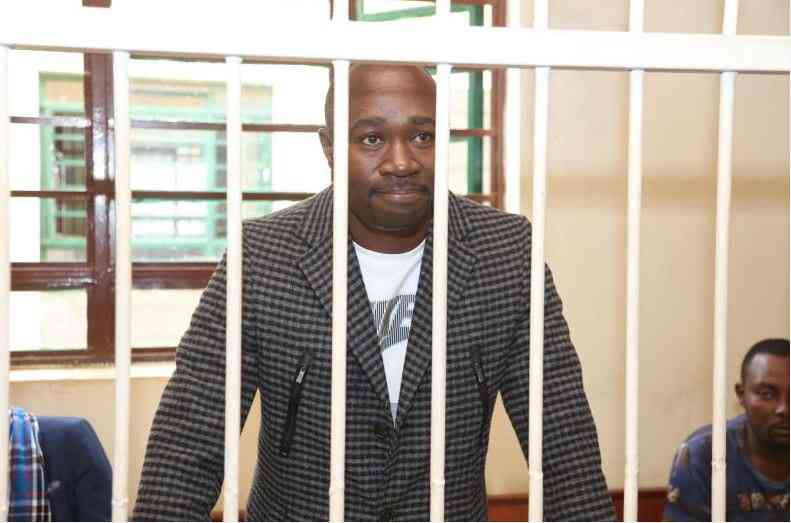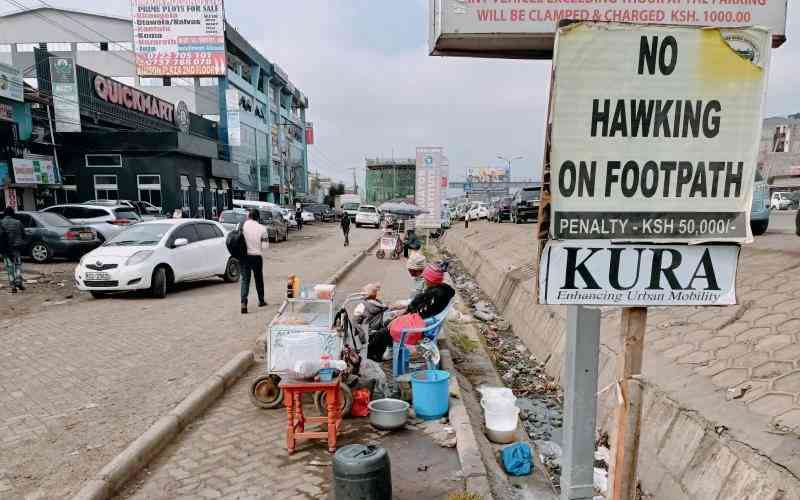The Institution of Engineers of Kenya (IEK) has raised concerns over the proliferation of substandard cement in the Kenyan market.
This, the engineers warned, points to a potential disaster in the construction industry if urgent action is not taken.
In a statement, Eng. Shammah Kiteme, the president of IEK, noted that the professional body is deeply concerned over the deteriorating quality of cement, even in products that bear the Kenya Bureau of Standards (KEBS) mark of quality.
“Our members have documented up to 25 per cent reduction in the compressive strength of concrete prepared from cement from several brands, undermining the strength and durability of concrete used in construction. This is a grave threat to public safety,” said Kiteme.
He said that the built environment must meet certain performance thresholds to withstand both everyday use and natural shocks.
“Cement is the binder in concrete. It is a key chemical component that hydrates in the mixture of fine and coarse aggregates and once it sets creating strong structures after curing and hardening. When cement is compromised, then life and property are directly at risk from compromised structural integrity,” he noted.
IEK further pointed out that underweight cement bags being sold in hardware stores and retail outlets, which according to them, is a rampant practice, is short-changing Kenyan consumers.
“Cement bags marked as 50kg have been found to weigh significantly less, some as low as 45kg, shortchanging clients. This fraudulent practice is a violation of consumer rights,” Kiteme noted.
The institution has called for urgent and coordinated interventions, proposing a raft of measures that includes a comprehensive audit of all cement manufacturers and brands in the country.
“A comprehensive audit of all cement manufacturers and brands in Kenya, including random sampling from hardware stores and distribution points, to independently verify quality and conformity across all cement classes,” Kiteme stated.
Other recommendations include enforcement of weight verification procedures and legal action against those involved in the production and distribution of substandard materials.
“Mandatory enforcement of weight verification procedures before cement is dispatched from stores to customers, with penalties for non-compliance. Immediate investigation and prosecution of rogue individuals, including public officials and private sector players, who are complicit in compromising the quality and standards of construction materials in Kenya,” Kiteme said.
He noted that IEK will continue monitoring the situation and supporting all stakeholders to ensure safety and integrity in the construction industry.

























